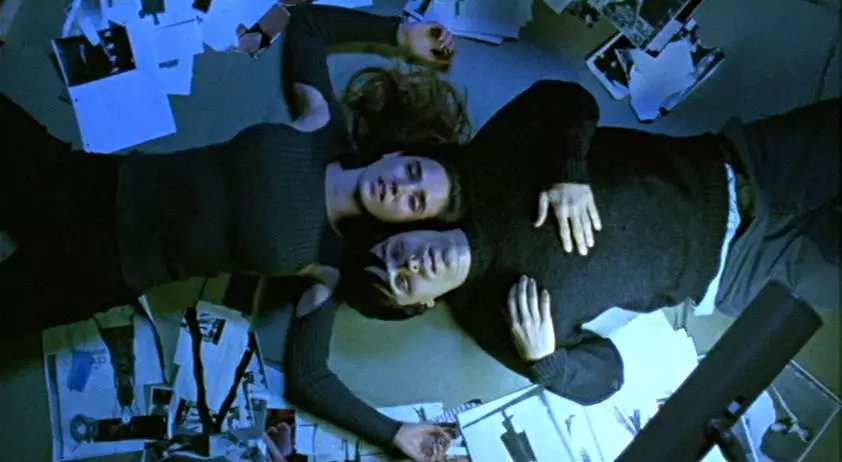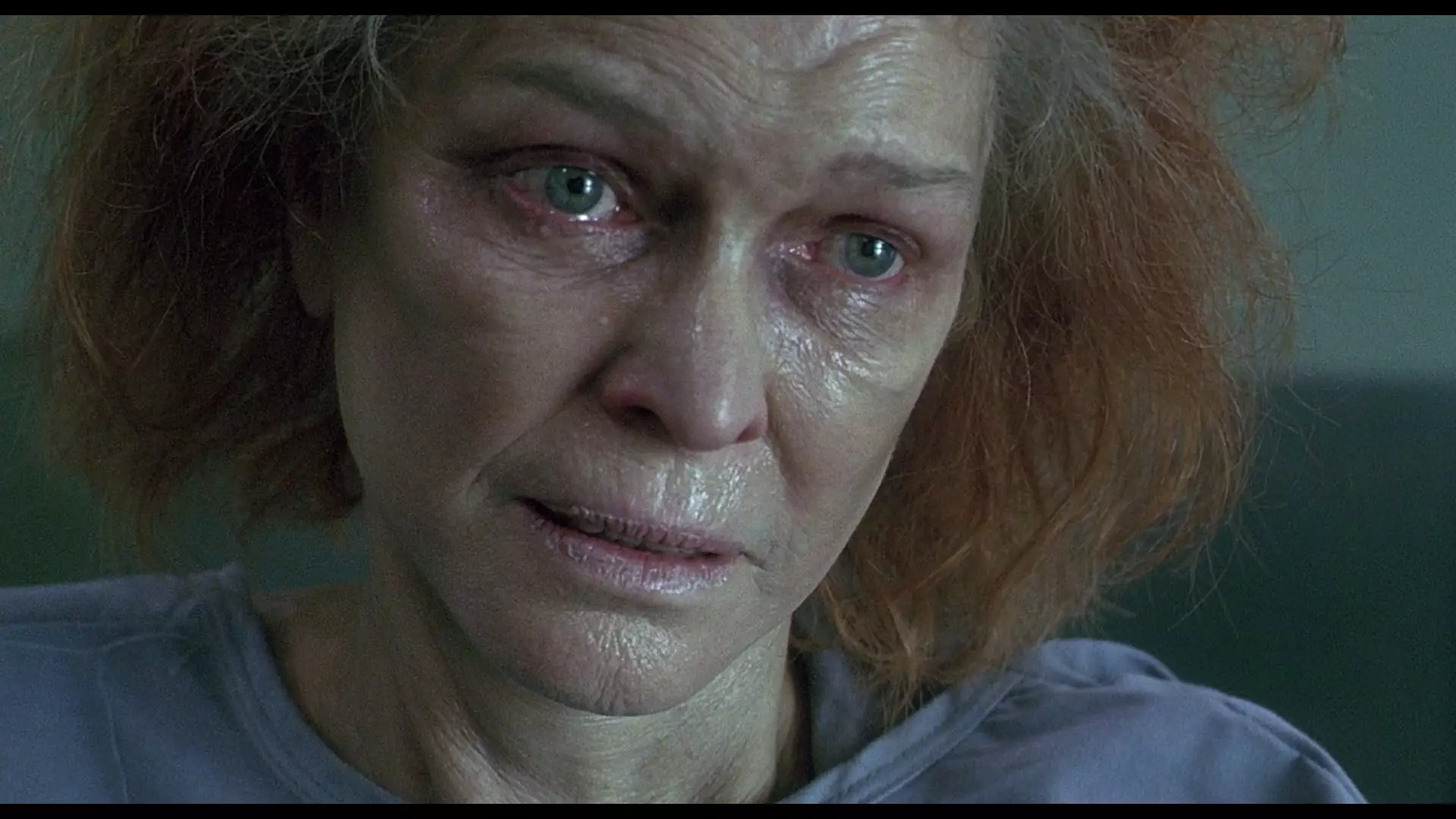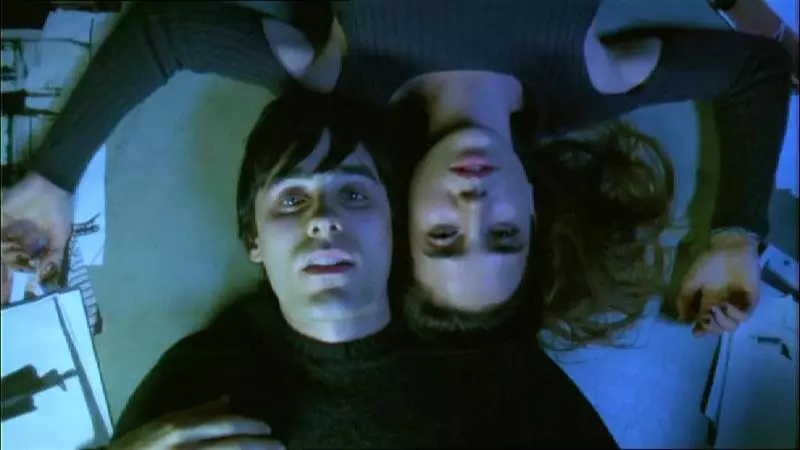
There are a load of films that fall into the 'cult classic' category, being touted as 'must see' titles. If you haven't seen certain films like that it'll usually result in friends being confused as to how you've gone so long without doing so.
Requiem For A Dream is one of those films. The 2000 addiction based drama is one of those where you can put it on and all of a sudden, for the next hour and a half or so, everything else goes out of the window; that's how captivating it is.
Though the film is already pretty bleak, centering around character Sara Goldfarb who becomes addicted to prescribed weight-loss amphetamine pills, and her son and his girlfriend who are heroin addicts, there might be an underlying message that makes it even bleaker.

Credit: Artisan Entertainment
Advert
Reddit is awash with film and television theories, and of course, a timeless cult film is going to have one too.
Posted by FightintheShad3, the theory suggests that addiction doesn't start and stop at drugs, it's adaptable to most situations but we're all blind to it. It says that because of our naivety we are controlled by our addiction to always have more.
Warning: There are spoilers in this so if you're planning on watching it, don't bother reading. Also, it's very tl;dr, but has to all be included because it's brilliant.
Advert
"The first time I watched RfaD I really liked the way it was shot and edited, particularly the transitions," the Reddit post starts. "I thought about it a lot afterwards, and went looking for other interpretations or theories, but couldn't find anything very exciting. Then I realized that transitions are mostly drugs, and get longer as the movie gets darker. This suggests that the transitions are something the director wanted to draw attention to as a problem.
"But they aren't all drugs. Similarly filmed out of real time or otherwise out of format were things like the remote (swish, click) and the food on the first day of the mother's diet. After rewatching, Even Harry and Marion's early escapades and Tyrone's need to 'make it' for his mum started to seem like dependencies. Marion even says that Harry makes her feel like her, implying she couldn't have happiness without him. That desperation is the exact feeling that leads to drug abuse. The idea that you have to have something."

Credit: Artisan Entertainment
Advert
It continues: "Maybe the movie isn't as much a drug PSA as a nihilist manifesto. Maybe it's pointing out that we are addicted to anything that produces certain chemicals, and how frail our illusions of control, happiness, and purpose are. Was the mother any worse off dying of loneliness in a mental hospital than a retirement village? What if Harry and Marion were separated from each other because she was hit by a bus, instead of because she started sleeping with people for drugs while he left for Florida? What would the mother's life have had to offer if there were no drugs, but no TV or food either?
"I didn't see the drugs controlling them. I saw the drugs showing them what else controlled them. The mother only even went on drugs because it was so important to be on TV. We weren't shown the others' origins, but they probably only turned to drugs to escape lives they already hated. Being poor, or lonely, or feeling like a disappointment or just generally feeling unfulfilled or purposeless. The thing that really broke everyone wasn't withdrawal or any other aspect of the drugs themselves, but the visions they had of the television, the fridge, the girlfriend with another man, the disappointed mum. It's telling that Harry didn't care about losing his arm as much as he cared about losing Marion. You could argue that the drugs took both, but anything could have taken Marion from him or vice versa.
"Maybe this theory could only be thought up by someone living in a consumer culture, where no matter what you attain, you need more and bigger the next go around, but I really think they were actually aiming for this message for one tie-it-all-up-in-a-neat-package reason: The intense and emotionally crushing score during the final scenes plays at other times during the movie. The only time I remember right now is when the mother is walking to the mailbox to mail her TV application, but I'm pretty sure there were a handful of others."
Advert
Mind blown? Well, maybe not blown, but it certainly does shine a different light on the film and will make you watch it differently.
Featured Image Credit: Artisan Entertainment